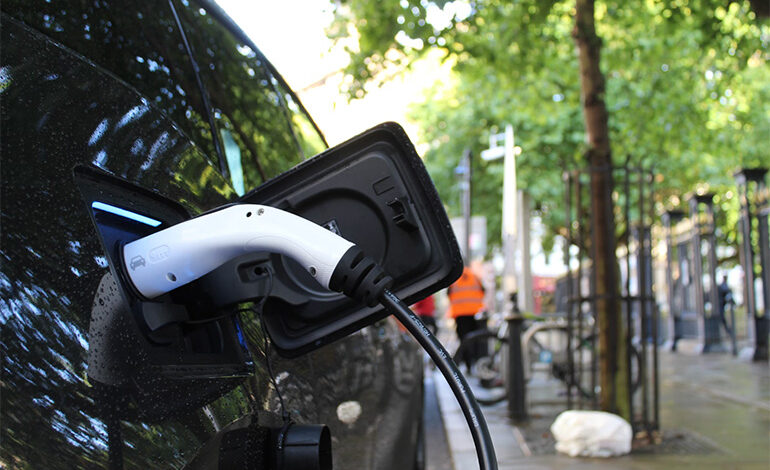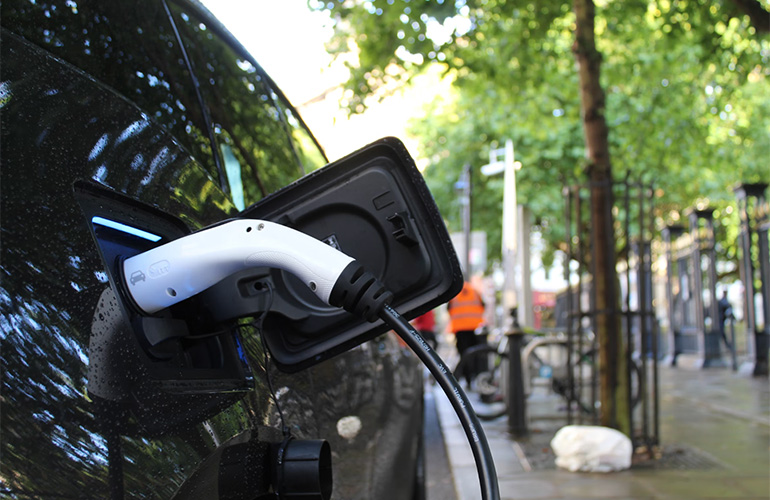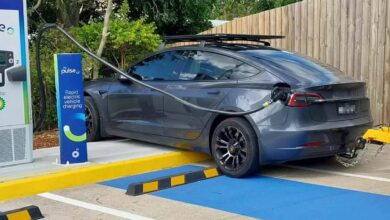Dissecting the Power Supply Issues with EV

A recent report from Techniche found that most electric vehicle (EV) charger maintenance calls come as a result of problems with power supply.

Techniche released the results of a study into why EV chargers break down, finding that 30% of all charger breakdowns require an engineer to fix them.
Problems with the power supply were the primary reason, responsible for 24% of engineer callouts. Payment terminals (20%), slow charging or charging failures (20%) and hardware failures (18%) each generated the next highest number of callouts, while communications failures caused 13% of engineer visits, Techniche reported.
The analysis also revealed that 70% of EV charger breakdowns can be solved remotely, using automation to reset a charger’s internal software.
Techniche analyzed data from 5,000 EV chargers across its European customer sites in the U.K., Ireland, Netherlands, Germany and Spain over the last year. The chargers researched were mostly 150-175kWh fast chargers less than five years old, located in public charging locations, mainly at forecourts, retail parks and supermarkets.
Top reasons for engineer callouts:
- Power supply 24%
- Payment terminals 20%
- Charging speed/failures 20%
- Hardware failures 18%
- Communication problems 13%
- Other 5%
“Analysis of our data shows that 70% of EV charger breakdowns can be solved remotely, but the remaining 30% require an on-site engineer to get them up-and-running again,” said David Cornish, head of product at Techniche. “It’s this 30% which causes the biggest headache for operators, resulting in slow repairs, unwanted downtime and a bad experience for drivers. Better confidence in the charging process can be gained by automating resets and the maintenance process to make faulty chargers available for drivers as quickly as possible.”
Cornish also noted that with the main problem being power delivery, grid infrastructure is something for operators to keep an eye on.
“The findings indicate there is much work to be done on improving the grid infrastructure with power issues being the single largest reason for callouts,” he said. “This could be further compounded during the roll-out of chargers to more remote or rural locations, or the installation of power-hungry rapid chargers in urban areas, which present a challenge for power delivery.”
Glitches with payment terminals were only responsible for 20% of callouts but not all rapid chargers today have contactless payment terminals.
Techniche EV software helps charge point operators achieve high levels of uptime by automating maintenance and monitoring processes, ensuring chargers are working and delivering an exceptional customer experience. The software triages issues and faults and automates the creation of work orders, notifications and alerts based on error codes. Charging session analytics are used to identify patterns and trends that help reveal any issues, leading to earlier intervention and proactive maintenance.
Techniche is a technology company with offices in the U.K., U.S. and Australia. The company has been at the forefront of automating the maintenance of critical assets and monitoring the IT networks of customers for almost 25 years.
Core products include:
- Urgent, used at over 40,000 fuel retail and convenience sites in 30 countries to manage the maintenance of critical assets.
- Techniche EV automates the maintenance of charge points to improve uptime.
- Statseeker, which discovers and monitors assets on IT networks.



